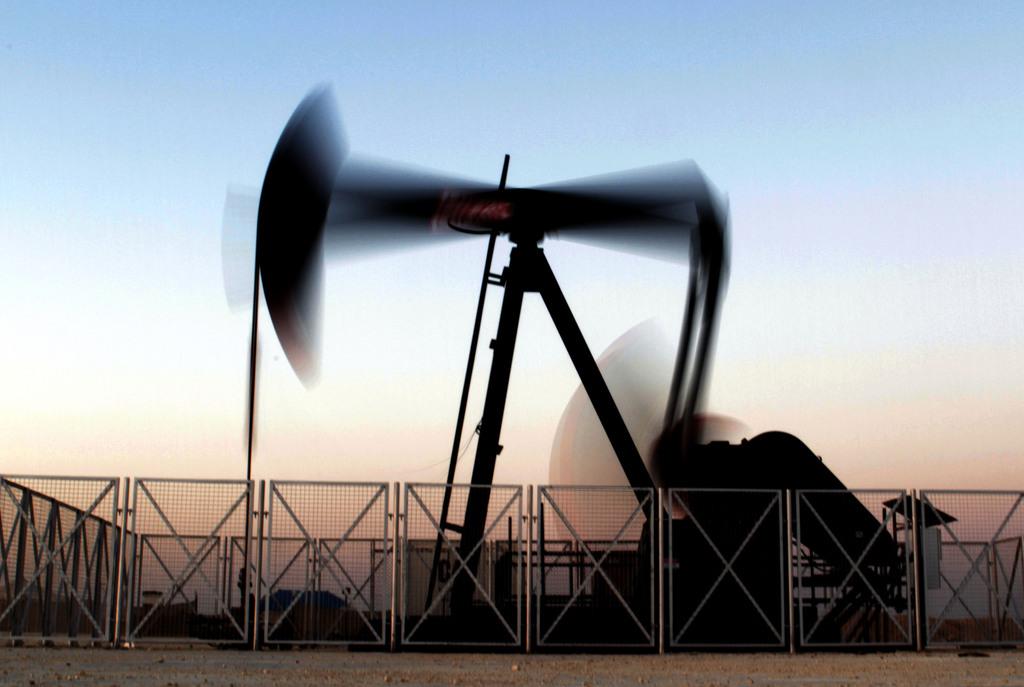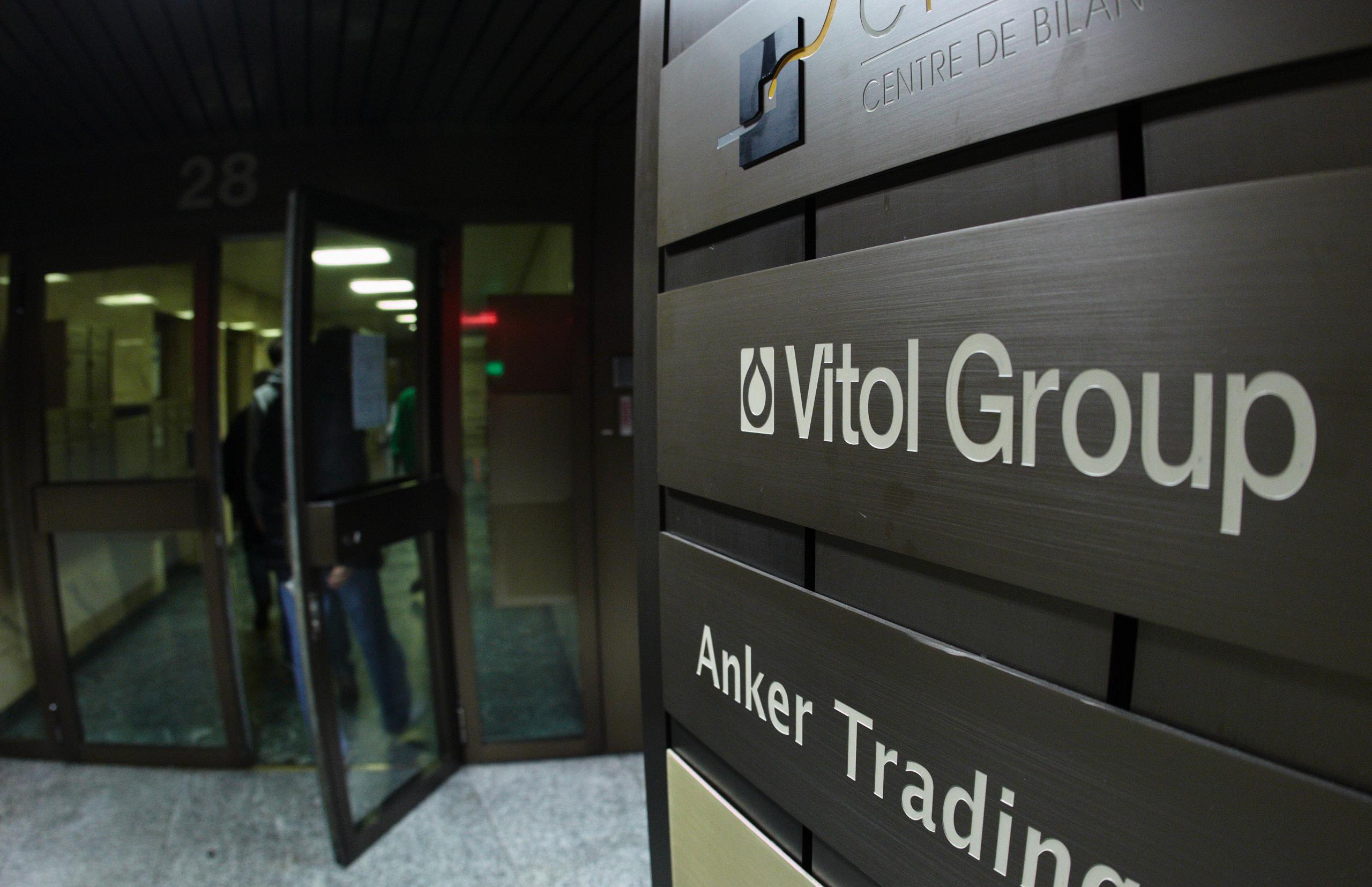Oil slide bolsters Trafigura’s profit and margins

Trafigura has posted record half-year profits and a doubling of trading margins, illustrating how one of the largest commodity trading houses has been a big beneficiary of oil’s collapse.
Profits rose almost 40% in the six months to 31 March, reaching $654 million (CHF608 million), while margins hit 3.1% as the Swiss-based company used its global network of traders and storage facilities to buy cheap crude and take advantage of dislocations in the oil market.
These results are likely to signal another bumper payout for the 600 senior staff that control the privately held group, given the near $900 million that Trafigura returned to the employee shareholders last year. Executive chairman and co-founder Claude Dauphin, who holds just under a fifth of Trafigura’s stock, said oil market “upheaval” had offered the group “exceptional opportunities”.
Trafigura trades almost three million barrels a day of oil and petroleum products, the equivalent of roughly 4% of demand or the average daily consumption of Britain and Spain combined.

More
Financial Times
External linkIt was not the only company to benefit. Other trading groups including Vitol, the largest independent oil trader, and Gunvor have posted strong results for this period. Even Shell, BP and Total managed better than expected first-quarter results thanks to the performance of muscular trading operations.
But sector observers are starting to ask if Trafigura and peers can maintain their strong performance. While the oil market remains oversupplied and volatile, the ‘contango’ market structure – which allows traders to buy oil now, store it and sell it for higher prices in the future – has been shrinking.
Trafigura’s head of oil trading, Jose Larocca, said in April it was no longer profitable to store oil at sea, although land-based storage strategies could still work. As a result, since the start of the year, the price difference between Brent for December delivery versus immediate delivery has shrunk from $10 a barrel to less than $3 now.
Alex Griffiths, head of natural resources at Fitch, said the contango trade had been a bit of “disappointment” compared with the oil price crash during the financial crisis, when trading houses had made fortunes. “There were only five or six weeks where there was a window to make money,” Mr Griffiths said of recent conditions.
Trafigura is grappling with other pressures. It has been the subject of scrutiny from Chinese officials, and last week the head of its Beijing office, the Singaporean Li Bo, was detained in connection with a gasoline trading dispute.
While no charges have been brought against Mr Bo, another Trafigura employee – Tian Meng – has been held since last August after being detained in Changzhou over the same dispute. A spokesperson at the economic investigation office of Changzhou police declined to comment. Trafigura has also declined to comment publicly on the nature of the dispute. Involvement in China is deemed essential for oil traders as the country is poised to overtake the US as the largest importer of crude.
Trafigura, co-founded by Mr Dauphin in 1993 after he left Marc Rich & Co, has suffered a series of high-level departures at its metals and minerals arm.
Last month, the former head of the metals and mining division, Simon Collins, resigned suddenly for personal reasons, shortly after the departure of two senior metals traders.
Trafigura was able to seize on other opportunities during the oil rout, becoming one of the biggest exporters of Russian crude through short-term pre-pay deals with Rosneft.
Kremlin-backed Rosneft – run by Igor Sechin, a close ally of President Vladimir Putin, and subject to western sanctions over Russian action in Ukraine – delivered almost nine million barrels of physical crude cargoes to Trafigura in April in return for short-term financing. Deals of this nature are permitted under western sanctions and enabled Trafigura’s volumes of Rosneft crude in April to exceed those of rivals Vitol and Glencore. “Our access to Russian oil flows has . . . increased since we established a Moscow-based trading operation in 2013,” said Jeremy Weir, Trafigura’s chief executive.
Gross profits from Trafigura’s oil arm rose to a little more than $1 billion in the half year to March. Its improvement in gross trading margins from 1.5% a year ago to 3.1% in the last half year marks an increase after a period of being squeezed by growing competition and low volatility. Sources close to the company said the rise reflected lower financing costs, greater efficiencies and higher volumes passing through its logistics network.
“When volatility increases, it plays directly into these traders’ hands,” said Mr Griffiths at Fitch. “There’s still money to be made if you are very well connected and know what you are doing.”
(c) 2015 The Financial Times Limited

In compliance with the JTI standards
More: SWI swissinfo.ch certified by the Journalism Trust Initiative












You can find an overview of ongoing debates with our journalists here . Please join us!
If you want to start a conversation about a topic raised in this article or want to report factual errors, email us at english@swissinfo.ch.